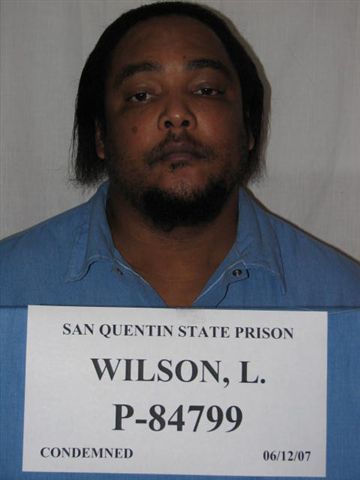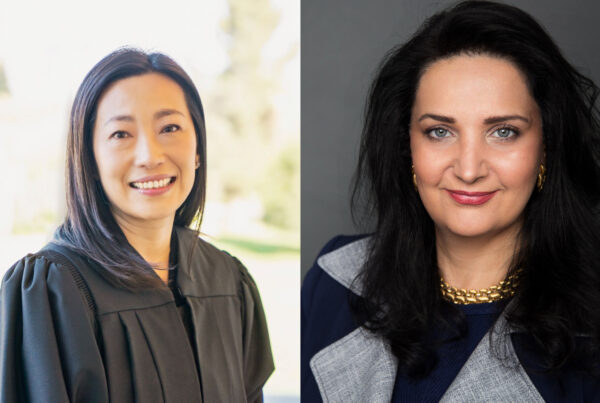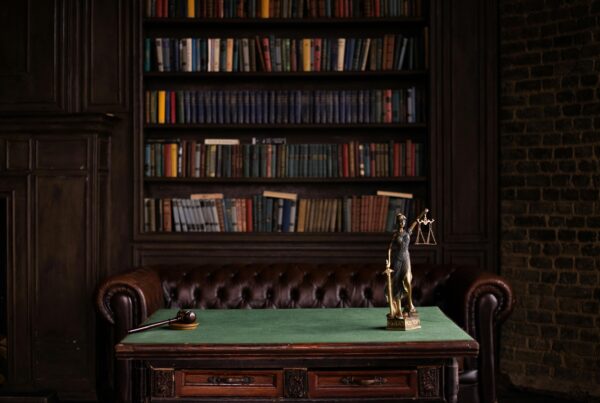Following a second trial, Lester Wilson’s death sentence was affirmed by the California Supreme Court June 8. Wilson was twice convicted of the 1997 murder of his friend, Uwe Durbin, in retaliation for supposedly stealing his television.
Wilson’s first conviction, in 2000, was reversed by the state Supreme Court after the court found that a juror was improperly discharged during penalty deliberations. He was convicted again in 2010.
The trial court should have not dismissed the juror for racial views. He did not conceal information, and his viewing of the trial through his experience as an African-American man did not disqualify him.
From the Supreme Court ruling
Despite the








